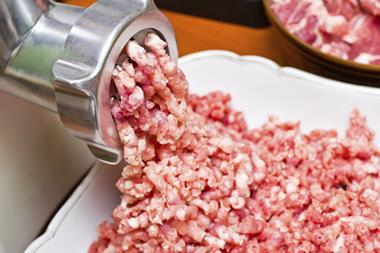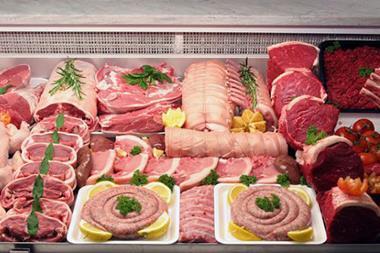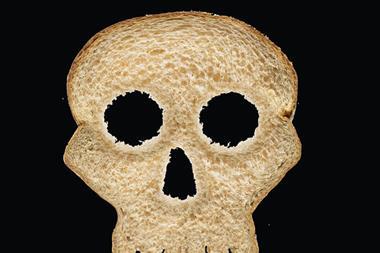The European Parliament has backed a resolution proposing the introduction of mandatory country of origin labelling on processed foods.
MEPs voted by 460 votes to 204 (with 33 abstentions) on 11 February to pass a resolution urging the European Commission to introduce mandatory origin legislation for meat used in processed food.
The vote follows a report published by the Commission in December 2013 which suggested more than 90% of consumers found it important that origin information was labelled on both fresh and processed meat. Rules covering fresh beef have been in existence since 2002, while rules governing other fresh meat products become enforceable in April.
Extending legislation to meat used in processed food would ensure more transparency throughout the food chain, and allow European consumers to be better informed, said committee chairman Giovanni La Via, who added that the proposals would help rebuild confidence after the horsegate scandal and other food fraud cases.
“We are asking the Commission to come up with a legislative proposal with mandatory country of origin labelling because this will help to enhance transparency and to provide clear and complete information to the consumers,” La Via said.
But La Via warned that the potential cost of any legislation should also be evaluated so that it did not “lead to additional burdens on small and medium-sized enterprises, of which there are many in this sector”.
East Midlands Labour MEP Glenis Wilmott welcomed the favourable vote, stating “MEPs have always been clear that the same rules should apply to meat in processed food”.
“This is about clear, honest labelling that doesn’t mislead consumers. If a beef lasagne is labelled as a British product, then this should mean that it was made with British beef,” she added. ““I hope the European Commission will now listen to MEPs and consumers and extend mandatory country of origin labelling to all meat in processed food.”
Emma McClarkin, the Conservative MEP for the East Midlands, added that extending legislation to processed meat products would help consumers by making “it easier to choose British produce”, which in turn would help the British farming industry.
Meanwhile, European consumer organisation BEUC cited recent Food Standards Agency research which revealed one in five lamb takeaways were adulterated with other types of meat as a reason for new legislation to be introduced.
“It is high time steps are taken to make sure manufacturers know and label what is in their products and origin labelling is one important way forward,” said BEUC director general Monique Goyens.
“This vote is heartening for what it is. Now let’s hope the Commission will heed the Parliament’s message and meet consumers’ expectations,” she added.



















No comments yet